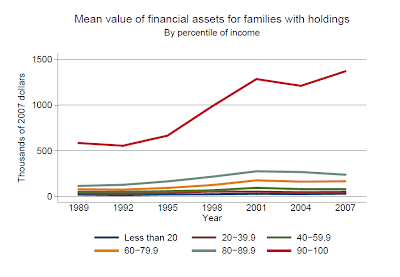Moody's just lowered the rating outlook for Germany, the Netherlands and Luxembourg to negative (currently AAA) because of the ongoing debt turmoil in Europe's South. In other words, Mrs. Merkel, if you force a starvation diet onto your trading partners it won't be long at all before they stop buying BMWs and Miele washing machines. Fiscal rectitude can go way too far, when imposed at the long end of a dogma stick.
It's time to bite the bullet and face facts: the EU is not a federal union a la USA. Instead, it is a theoretical construct created by political and idealistic visionaries who had enough of perpetual bloodshed in Europe. As such, it is irreplaceable and should never be allowed to fail because a bunch of short-sighted hacks cannot create a workable common monetary and fiscal policy.
Bottom line, once again: Spain and Italy, accounting for 22% of the EU's GDP, are now falling apart. It is plainly insane to think that the euro will survive Grexit, if it happens. And it is certain that the EU itself will not long survive the demise of the euro.
...Time to bite the bullet...
It's time to bite the bullet and face facts: the EU is not a federal union a la USA. Instead, it is a theoretical construct created by political and idealistic visionaries who had enough of perpetual bloodshed in Europe. As such, it is irreplaceable and should never be allowed to fail because a bunch of short-sighted hacks cannot create a workable common monetary and fiscal policy.
Bottom line, once again: Spain and Italy, accounting for 22% of the EU's GDP, are now falling apart. It is plainly insane to think that the euro will survive Grexit, if it happens. And it is certain that the EU itself will not long survive the demise of the euro.
...Time to bite the bullet...













